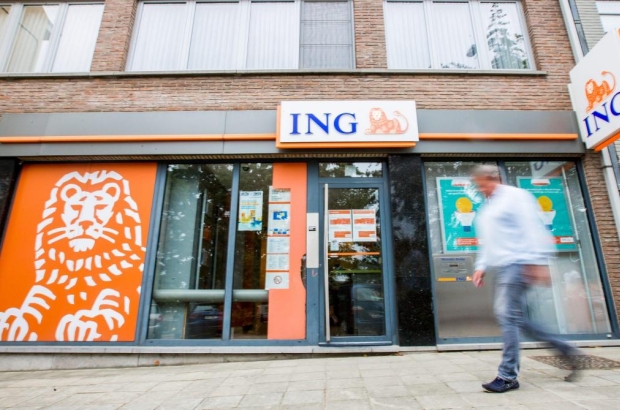- Daily & Weekly newsletters
- Buy & download The Bulletin
- Comment on our articles
Belgian banks report strong results in 2023
Banks in Belgium have done very well last year, according to recently published financial results.
BNP Paribas Fortis and ING Belgium – two of the four biggest banks in the country along with KBC and Belfius – have seen both revenues and profits increase.
This is especially true for ING, which doubled its net profit to almost €7.3 billion, compared to the €3.67 billion made in 2022, making 2023 the most successful year in its history.
The bank mainly benefited from rising interest rates, which allowed it to achieve higher margins on savings, for example.
“In many ways, 2023 has been a challenging year, as geopolitical and economic shocks have affected many of our customers and the societies in which we operate,” ING group chief executive Steven van Rijswijk said.
“At the same time, most economies have shown they are resilient, with low unemployment rates, falling inflation and positive interest rates.”
Van Rijswijk further highlighted that ING has developed through its mortgage business. The bank has also managed to increase the number of customers benefiting from several services, particularly in Germany, Spain and the Netherlands.
In the last three months of 2023, ING’s profits also rose highly but not as sharply as for the rest of the year. Interest also saw a very limited growth in the fourth quarter.
However, ING and BNP Paribas Fortis did not do so well in the stock market as analysts expected them to do even better. Their disappointment caused share prices to fall.
At the same time, the banks were criticised for not raising saving account interest rates and even for potentially misleading customers by allowing them to believe that the rates they did offer were more generous than they actually were.
Last year, central bank policy interest rates, which affect consumer prices, exchange rates and credit levels, increased sharply. In response, banks raised interest rates on some products such as mortgages, but dragged their feet over upping saving account interest rates.
To encourage banks to increase their rates, Belgium’s finance minister Vincent Van Peteghem launched a state bond scheme. The subscription period ran from 24 August to 1 September and the bonds offered a 3.3% interest rate.
The bonds raised nearly €22 billion, making it the government’s largest capital operation. Vice prime minister Peteghem said the initiative was the most successful in Belgium’s history, far exceeding initial expectations.
In response, savings rates increased, probably helped by the government bond. But this initiative did not please the banks, who say they do not want a repeat of the scheme in 2024. They believe that all the billions evaporating from their accounts would destabilise them.
In addition, central bank interest rates are not expected to rise as they did in 2023 and key interest rate rises are over. In short, 2024 is not set to be the bumper year as it was for banks and bankers the previous year.
Meanwhile, while BNP Paribas Fortis finances are rosy, the Wallonia-Brussels Federation is launching legal action against the bank at the French-speaking business court in Brussels.
Belgian financial and business daily L’Echo reported that the federation is asking BNP to pay back €3.7 million of negative interest.
This resulted from a loan that the federation received from the bank generating variable interest based on the Euribor (Euro Interbank Offered) rate.
Euribor rates are based on the average interest rates at which a large panel of European banks borrow funds from one another. The different maturities range from one week to a year.
Belgium’s vice president and minister for budget and finances in the Wallonia-Brussels Federation, Frédéric Daerden, said BNP refused to apply a negative rate, even though there is no provision specifically banning its application.
When contacted, BNP said it could not comment, as the matter was the subject of ongoing legal proceedings.


















